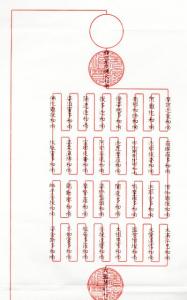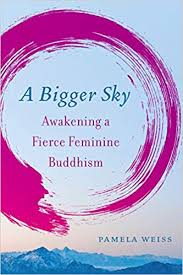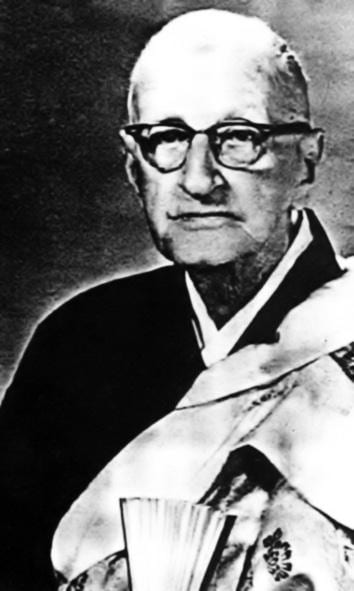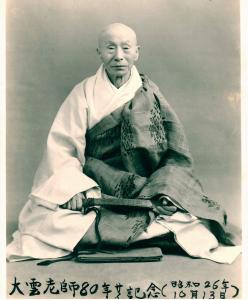While Soto Zen Buddhism in North America is following its own currents, there remains a profound connection between these various contemporary experiments and establishments in North America and our mother organization in Japan.
Here is a small gift from the Sotoshu, a collection of Key Terms and brief essays exploring them.
Key Terms of Soto Zen Teaching
A great many people are now practicing zazen in the Japanese Soto Zen Buddhist tradition outside Japan. But, because the tradition is so new in other lands, their practice may not always firmly based on a good understanding of the teaching. Before we begin practice, we need some clarity about what we are doing and why we are doing it that way. It is important to begin the practice with an understanding of the basic principles and underlying teaching behind what we will be doing. We need accurate background knowledge and a good understanding of ideas about the nature of zazen so that we can practice properly and skillfully. We should not start blindly. Otherwise our practice would likely go astray and get lost.
Issho Fujita
Director of Soto Zen Buddhism International Center
Basic Key Terms
Shikantaza (Just Sitting)
Jijuyu Zanmai (Self-receiving-and-using Samadhi)
Shinjin Datsuraku (Shedding Body-Mind)
Sokushin Zebutsu (The Mind Itself is Buddha)
Kesa Kudoku (Virtue of the Kashaya)
Genjo Koan (Complete manifestation of established truth)
Shusho Itto (Oneness and equality of practice and realization)
Hishiryo (non-thinking)
Dojo Daishu Ichinyo (In activity and stillness at one with the community)
Ichibutsu Ryoso (One Buddha Two Founders)
Gyoji Dokan (The Circle of the Way in Continuous Practice)
Baika (Plum Blossoms)
Bussho (Buddha-nature)
Uji (Existence-Time)
Dotoku (Able to Speak)
Byojoshin Zedo (Ordinary Mind is the Way)
Shobogenzo Nehanmyoshin (The Treasury of the True Dharma Eye, the Marvelous Mind of Nirvana)
Zenkai Ichinyo (The Oneness of Zen and the Precepts)
Hotsu Bodaishin (Arousing the Aspiration for Enlightenment)
Menju (Face-to-face Transmission)
Mokusho Zen and Kanna Zen (Silent Illumination Zen and Koan Zen)
Muchu setsumu (Explaining a Dream within a Dream)
Jinshin Inga (Deep Faith in Cause and Effect)
Kakusoku (Enlightenment, Awakening, Realization)













